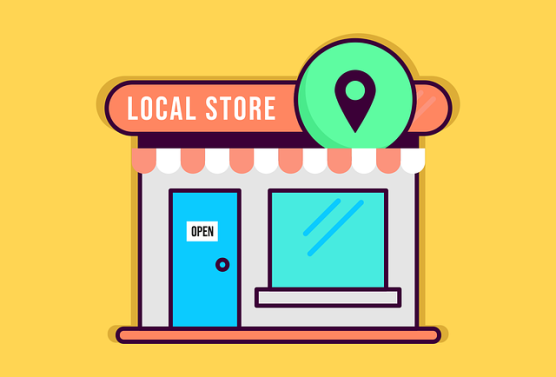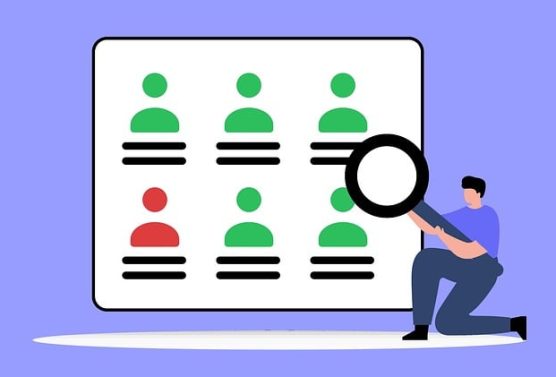Creating just the right graphic or video for your website can be challenging. You likely have a set of requirements that need to be met and may not have the content readily available—especially if your company is new. However, with the advancements in the digital world, many tools now allow you to use AI for image generation.
These tools make having the perfect images/videos possible without requiring significant training. The use of artificial intelligence for writing, graphics, and video has become so widespread that the Exploding Logistics blog recently estimated that as of 2024, over 266 million companies (82%) are using or exploring using AI in their business operations. This number is a drastic increase from only 20% in 2017. While only 35% of these companies are using AI for graphics and content creation, now is an excellent time to ask if using AI for content is truly the best option.







